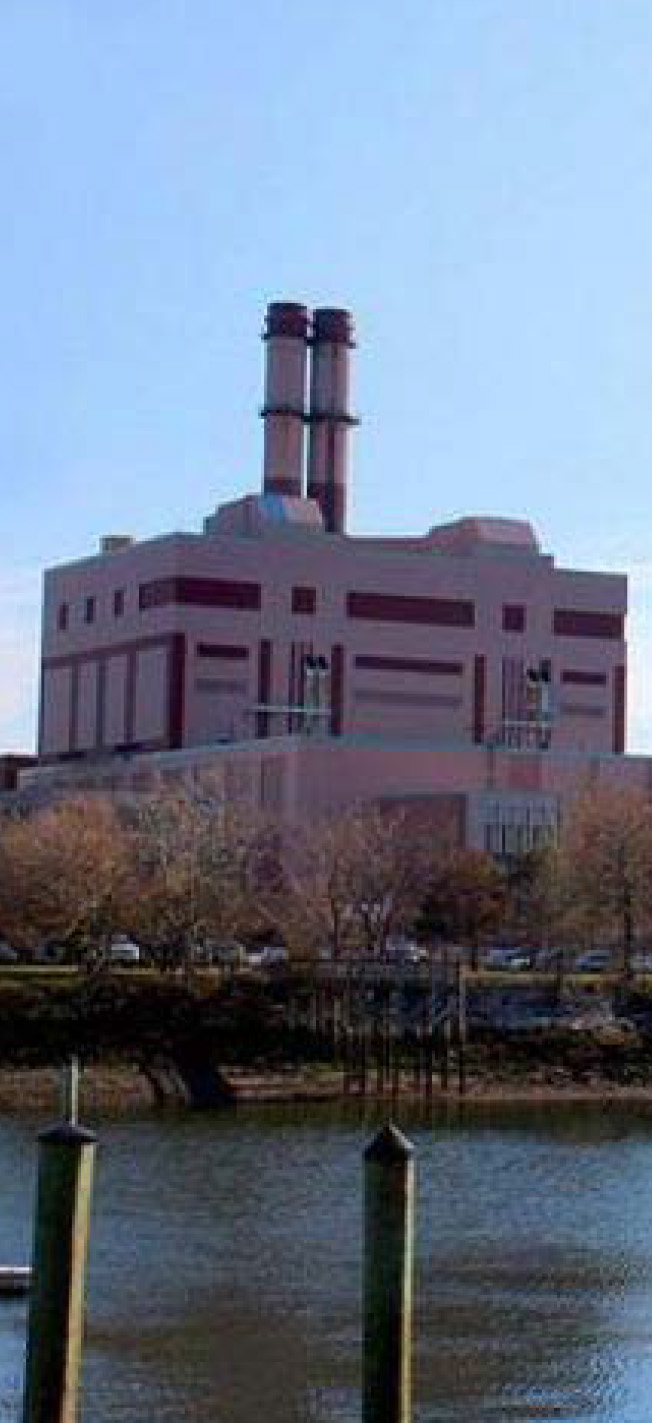Local elected officials take action, on the heels of a Boston Globe editorial that, in yet another apparent swipe at South Boston by its editors, attempts to paint local elected officials and residents as backward-thinking and narrow-minded. However, these editors, one can argue, displayed their journalistic indolence by framing the desire to bring additional scrutiny to a massive real estate development project as NIMBYism. “How deeply insightful of them. That worn-out label must have taken a lot of thought”, one resident said, as she smirked.
In response, in a letter to the editors of the Boston Globe, by Senator Nick Collins and Representative David Biele, referencing a bill that they filed to require a full review by the Legislature and the state inspector general’s office, they stated, “…any suggestion of NIMBYism falls flat, based on the fact that South Boston has seen more Article 80 projects permitted than any other part of Boston since 1996, creating many new housing and affordable housing opportunities in the community and across Boston. Recycling old themes and demeaning lingo, absent these facts, causes the editorial to miss the mark by a long shot. The public good, transparency and accountability – the purpose of our bill – should always come first.”
It goes on to point out, “ Massport negotiated a deed restriction in 2014 with Exelon Corp., the plant’s previous owner, prohibiting residential housing on the Edison site, knowing that residential users of this land would disrupt the area and its maritime logistics. Simultaneously, the underlying zoning at the Edison site requires marine industrial and commercial uses, in order to protect and support port operations. Disregarding these safeguards would be a disservice to the Commonwealth and the region; it would endanger over $850 million in public investments in port infrastructure in and around Conley Terminal, challenging the site’s long-term productivity. Our bill seeks to put Massport’s deed restriction on the same level as other public land interests across the Commonwealth. Public land interests routinely require public bidding, input on valuation or authorization by the Legislature. Lifting this deed restriction without any competition or public input would be unprecedented, and our legislation calls for transparency.”
For the City of Boston’s part in this chronicle, Boston City Councilors Michael Flaherty and Ed Flynn, due to what they say has been a multitude of concerns raised by the South Boston community, commercial and maritime industry representatives, the International Longshoremen’s Union, the Boston Carmen’s Union Local 589, and the entire South Boston elected delegation, has prompted them to file for a hearing to discuss the halting of the Article 80 process as it applies to 776 Summer Street (historically known as the Edison Power Plant).
“The community’s anxiety and concern surrounding the proposed 1,344 residential units, especially in light of Massport’s existing residential deed restriction is a clear indicator that we need to discuss the Article 80 process, as it relates to this project,” stated Councilor Flaherty. “Further, community members have already spent an extensive amount of time attending meetings and yet have not been given the opportunity to review the alternative site plans for the site. Two years of meetings for a proposed project that may not even move forward warrants a discussion with city and state planners.”
“There are many significant ‘quality of life’ concerns caused by the proposal in front of us. South Boston community members – who have clearly voiced their concerns with the Article 80 process – have called upon us, their elected officials, to look at the range of matters that will be impacted should this project move forward as is,” stated Councilor Flynn.
The City Council hearing order – which was filed in the Council Session on Wednesday, January 30, 2019 – was signed on to by Councilor Lydia Edwards, Councilor Annissa Essaibi-George, Councilor Althea Garrison, Councilor Kim Janey, Councilor Tim McCarthy, and Councilor Michelle Wu. Congressman Stephen F. Lynch, State Senator Nick Collins, and State Representative David Biele are also working with city and state officials to ensure there is full transparency throughout this process for South Boston residents and taxpayers alike.












